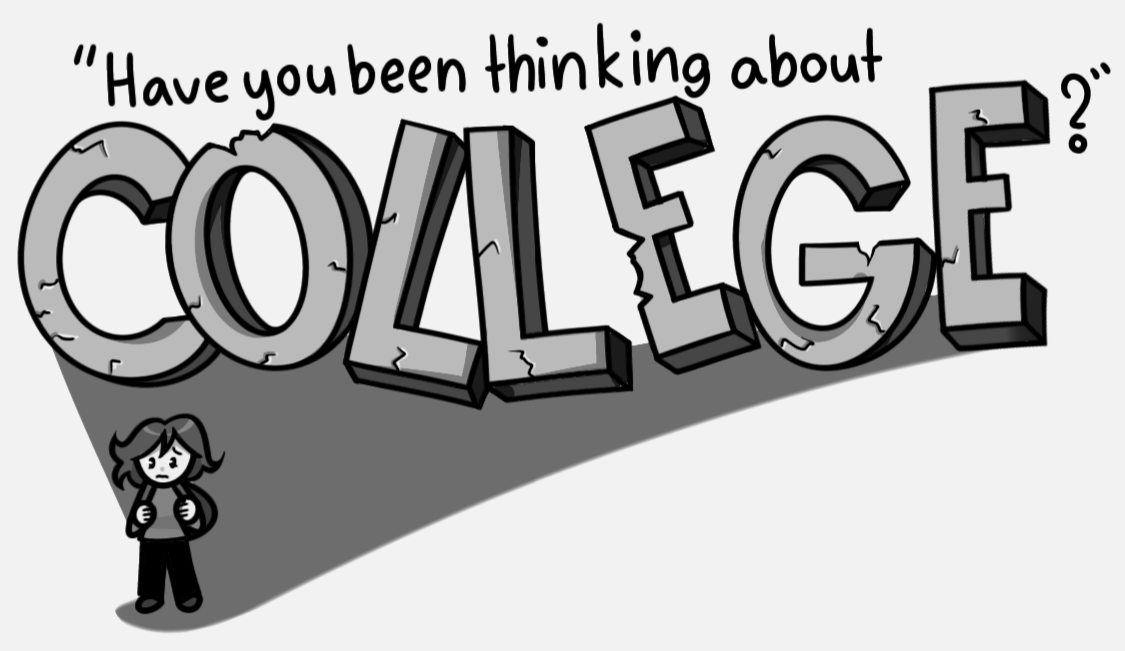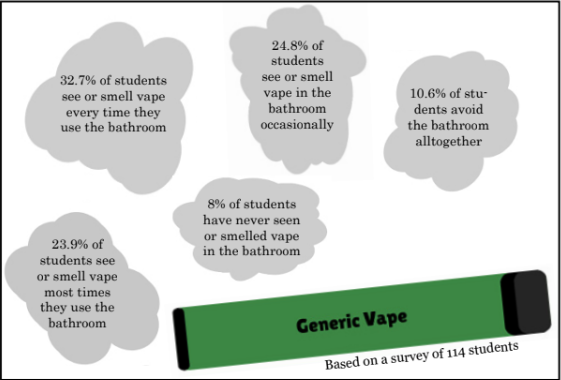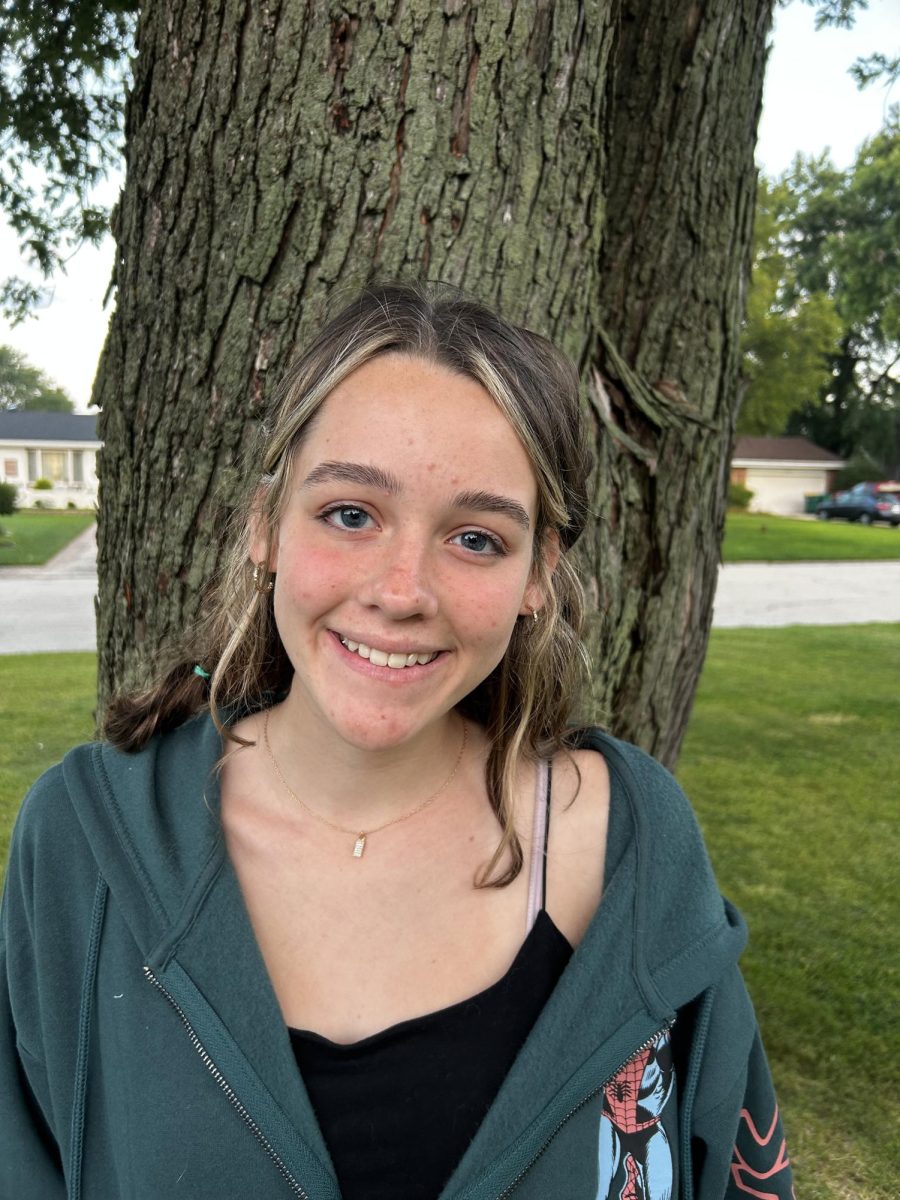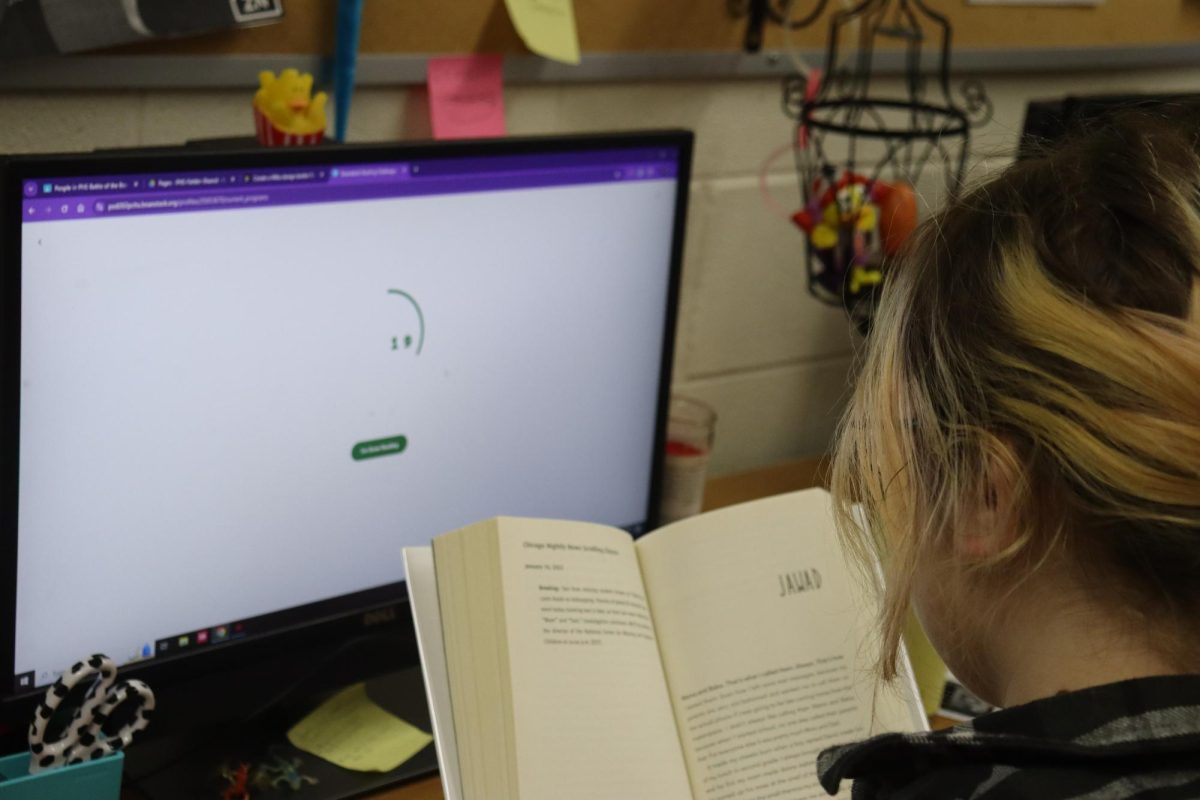Since November of 2022, when ChatGPT first came into the public’s consciousness, I have heard a similar claim made by a gradually increasing group of people in the world of education, and sadly, many of those who make this claim are in high-profile positions: “Using A.I. now is the same as a student thirty-plus years ago using a calculator.” While I can certainly understand the initial urge to want to be on the “right side” of history and to not seem like the proverbial old person shaking their fist at a cloud, I can’t help but cringe every time I hear someone say this—particularly when it comes from the mouths of the educated.
My “short” response to the reason why a student using what has popularly come to be known as “AI” is NOT remotely close to the same thing as a student using a calculator (or for that matter, also NOT the same as being able to reference information on the web through a search engine) is that a person must have a foundational understanding of the way in which a mathematical model works in order for a calculator to be of any use. If you sit a person down in front of a problem that requires them to solve for the area under a curve, a calculator will be of little to no help if the person does not understand that they will need to use a definite integral to solve for it. In other words, unlike the use of a calculator or the ability to “Google” something and read about it, generative AI (gen AI) requires VERY little in terms of a user’s understanding of anything—beyond a 3rd or 4th-grade ability to string a sentence together—yet, it covers them in a THIN veneer of knowledge to create an illusion of skill. To shift this example to the front lines of the battle to help students develop critical thought and meaningful communicative skills through structured and connected writing, allowing students to make use of large language models (LLMs) for idea generation, editing, and revision purposes is robbing the students of the educational need to struggle through development as a way to advance—growth, educationally or otherwise, cannot happen without being uncomfortable. The laissez-faire approach, advocated by some, to gen AI in the writing classroom prioritizes the product over the process, speed over quality, and appearance over reality. This is a terrifying trend that keeps me awake at night.
Much of this push to incorporate LLMs into education, of course, springs from the insecurities of many of the people who champion its use (though it is true there are other elements to consider, but I am already making this article too long); the fear of being “found out” to be not particularly gifted or bright is a powerful motivator (one that drove me to read as much as I possibly could when I was younger). It is only natural for a person to want to advocate for the use of a thing that can create a surface-level of understanding—by the very name that has taken hold in popular culture, it has been termed “artificial”—and thereby be capable of making it through a class, or series of classes, that expect you to work through a long-term period of iterative development, such as is necessary for substantive growth in writing. If my only goal is to get a grade, earn credit, and/or reinforce an inaccurate belief in my own current abilities, then everything becomes directed to that end; it only would make sense for me to call something a “tool” (insert personal insult about me here) as a way for me to justify escaping the challenging, valuable work that I just don’t FEEL like I should have to do.
The ideas that I am expressing here are not a manifesto against the future or driven by an existential crisis brought on by a fear of being replaced by new technology. There will be, I am certain, legitimate use cases, in limited scope, for generative chatbots within the educational process, accompanied by well-reasoned and clearly-defined limitations; however, to claim that something is simply here and that it is not going away, or that some people are using things already, so classroom teachers should simply accommodate them, is a dangerous, defeatist mindset, and I refuse to give in to it. The future that we can create together is too important. The students are too important.
I could go on, but I will leave it there…for now.








